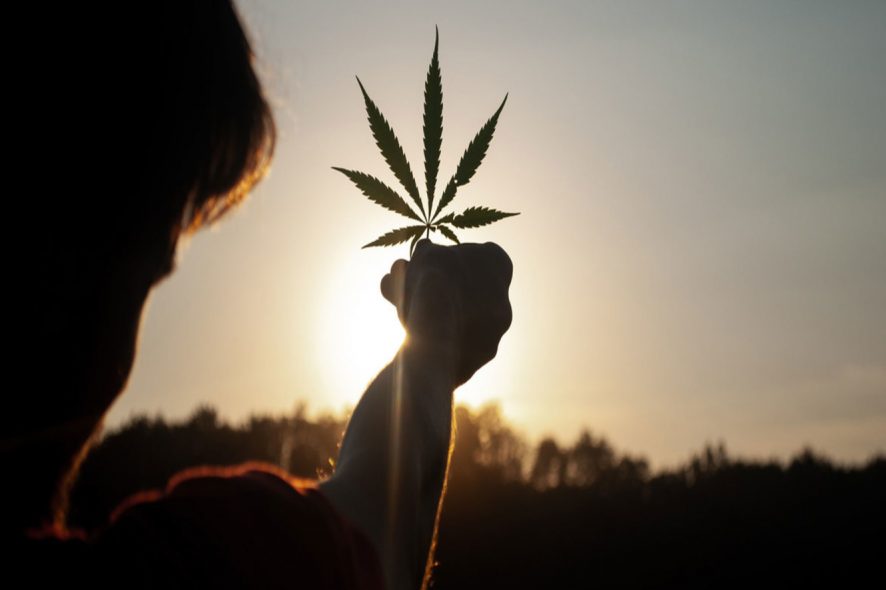On 2nd December, 2020, the United Nations Commission on Narcotic Drugs (CND), by a vote of 27-25 with one abstention, agreed to follow the recommendations of the WHO and delete cannabis and cannabis resin from Schedule IV of the 1961 Convention but maintain it in Schedule I of the 1961 Convention.[1]
An article on the official UN website states that, ‘the CND has opened the door to recognizing the medicinal and therapeutic potential of the commonly-used but still largely illegal recreational drug’.[2]
Schedule IV is for that category of drugs which are considered to have particularly dangerous properties and limited or no therapeutic purposes. By removing cannabis from Schedule IV, therapeutic qualities of cannabis have been acknowledged, thus strengthening the international imperative for ensuring access to cannabis-based medicines[3]. However, the drug is still classified under Schedule I therefore, it’s sale and production etc will still be under strict controls.
India was among the majority at the United Nations which voted to remove cannabis and cannabis resin from the list of most dangerous substances. 27 out of 53 member states including US and most European states voted to remove from Schedule IV where it was listed alongside deadly, addictive opioids, including heroin. The vote was close as 25 nations including China and Pakistan voted against the move, with Ukraine abstaining.
Under India’s Narcotic Drugs and Psychotropic Substances (NDPS) Act, 1985, following the 1961 Convention, the production, manufacture, possession, sale, purchase, transport, and use of ganja (flowering or fruiting tops) and charas (separated resin) is illegal but use of seeds and leaves (for making bhaang etc) is not prohibited but under Government control.
The reclassification of cannabis from Schedule IV to Schedule I by the UN agency will not immediately change its status worldwide as individual countries continue with existing regulations. As many nations follow the lead of international protocols while legislating, this may bring a change to local laws of states in the future.
Nilufer Bhateja, Associate Editor has put this story together
[Image by David Gabrić/Unsplash]
[1] United Nations Commission on Narcotic Drugs, Press Statement – 2 December 2020
[2] UN commission reclassifies cannabis, no longer considered risky narcotic. UN News, 2 December 2020
[3] UN green lights medicinal cannabis but fails to challenge colonial legacy of its prohibition ,TNI, 02 December 2020








The removal of cannabis from the list of dangerous narcotics will be helpful for everyone. Cannabis if used in a proper way and under medical guidance can be used for various health benefits which makes everyday living better. Thank you for sharing this information with us about the removal of cannabis from dangerous narcotics with us. Keep sharing more such articles like this with us in future also.